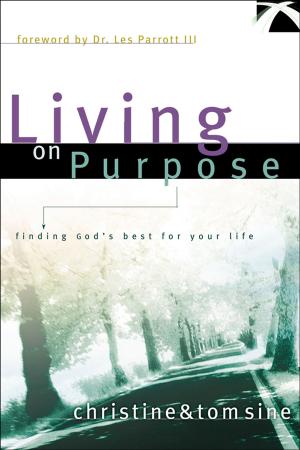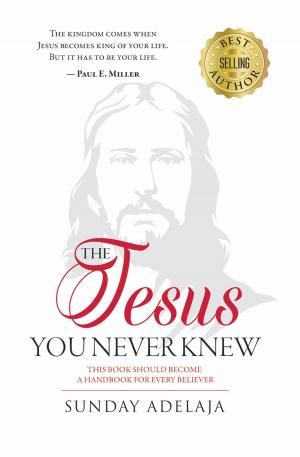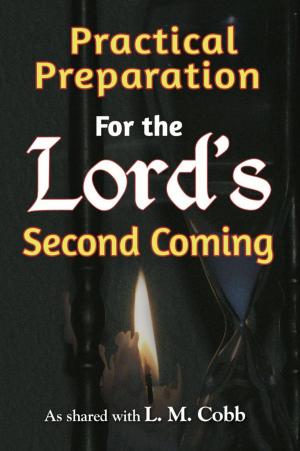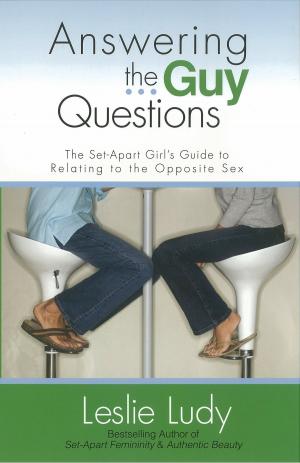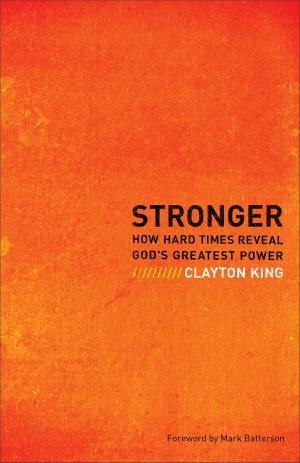| Author: | Ayon Baxter (Abdiel) | ISBN: | 9781370450787 |
| Publisher: | Ayon Baxter (Abdiel) | Publication: | August 20, 2017 |
| Imprint: | Smashwords Edition | Language: | English |
| Author: | Ayon Baxter (Abdiel) |
| ISBN: | 9781370450787 |
| Publisher: | Ayon Baxter (Abdiel) |
| Publication: | August 20, 2017 |
| Imprint: | Smashwords Edition |
| Language: | English |
It has been the firm belief of most Christians, philosophers, and even other non-Christian religions that good is in every seemingly damning situation you may find yourself in. The philosophical ideology is that every obstacle one may encounter in life carries with it an opportunity to gain something positive. In Christianity, this is accepted entirely on the basis that God is good and is always working in these challenging circumstances and situations to bring about results that will benefit His trusting people who love Him (Rom 8:28)
However, sometimes these walls of circumstances are so opaque that it is impossible to see any little beam of positive light seeping through. In circumstances like these, faith is the only path for the child of God.
Of these types of trials, divorce is usually high on the list. It brings painful hurt, separation of innocent loved ones such as children, damage to self-worth, and rejection. But if you think that is bad enough, try adding losing a sense of who you are to the list.
Losing your sense of identity after experiencing a scathing divorce only adds another opaque layer to the thick wall of no positive prospects—nothing good to gain from this experience. This was my personal experience until I began to pay attention to this intriguing yet “loyal” question ‘Who Am I—really?’ In other words, what makes me me? In any case, who has the right to determine who I am? Is identity something I can choose? Who is this person I have become?” Maybe, there is something positive to gain from this experience after all.
After combing through all the resources that were available, the real answers came from one place—in the principles embedded in the word of God.
It has been the firm belief of most Christians, philosophers, and even other non-Christian religions that good is in every seemingly damning situation you may find yourself in. The philosophical ideology is that every obstacle one may encounter in life carries with it an opportunity to gain something positive. In Christianity, this is accepted entirely on the basis that God is good and is always working in these challenging circumstances and situations to bring about results that will benefit His trusting people who love Him (Rom 8:28)
However, sometimes these walls of circumstances are so opaque that it is impossible to see any little beam of positive light seeping through. In circumstances like these, faith is the only path for the child of God.
Of these types of trials, divorce is usually high on the list. It brings painful hurt, separation of innocent loved ones such as children, damage to self-worth, and rejection. But if you think that is bad enough, try adding losing a sense of who you are to the list.
Losing your sense of identity after experiencing a scathing divorce only adds another opaque layer to the thick wall of no positive prospects—nothing good to gain from this experience. This was my personal experience until I began to pay attention to this intriguing yet “loyal” question ‘Who Am I—really?’ In other words, what makes me me? In any case, who has the right to determine who I am? Is identity something I can choose? Who is this person I have become?” Maybe, there is something positive to gain from this experience after all.
After combing through all the resources that were available, the real answers came from one place—in the principles embedded in the word of God.







